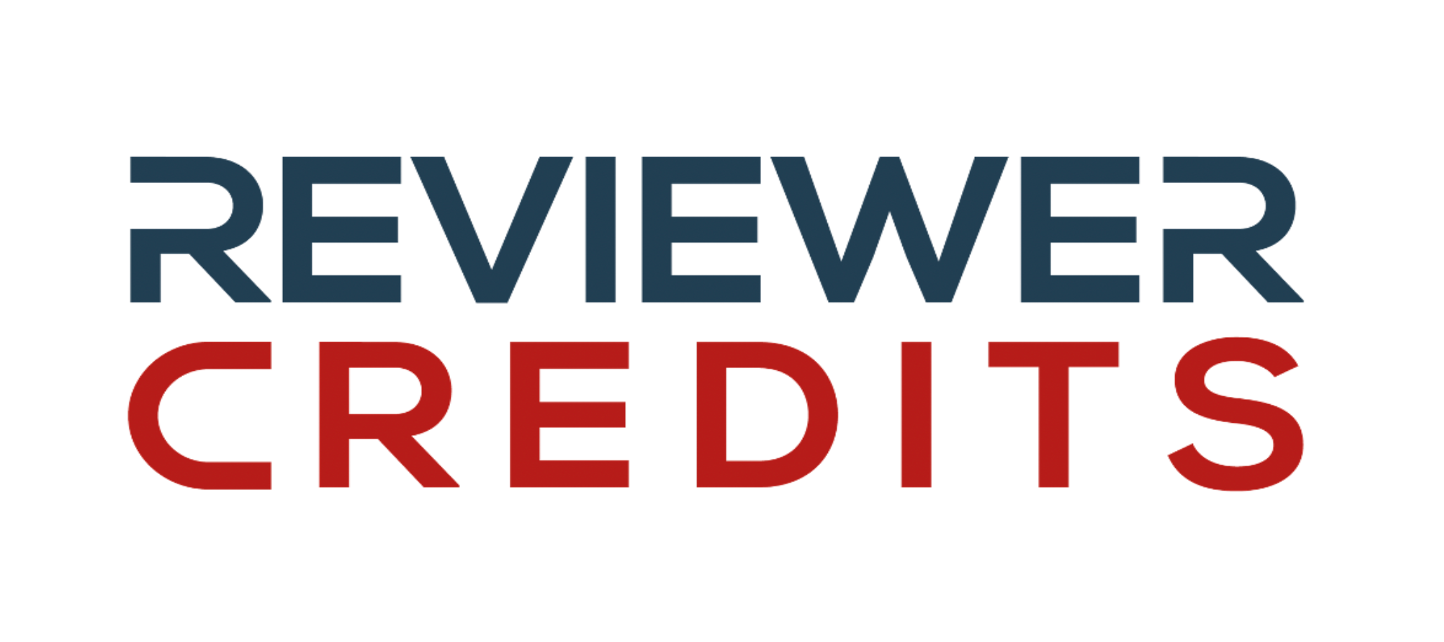THE IMPACT OF LEARNER-CENTERED APPROACH ON EFL LEARNERS’ WRITING SKILL
الملخص
Contemporary education calls for the use of learner-centered approach over the traditional education where students are passive learners. English as a foreign language can be best learned in a learner-centered approach. The writing skill has always been taught in a teacher centered approach in schools which made students graduate with poor writing skills. Therefore, researchers recommend the use of the learner-centered approach to develop the writing skill of language learners. For this reason, a new educational system called the Bologna Process which adopts a learner-centered approach is currently being implemented in some departments and colleges of the University of Duhok. This study investigates the effectiveness of the learner-centered approach in the learners’ writing skill, learner’s attitudes towards learning academic writing in a learner-centered teaching and learning environment, and to find out which learner-centered based activity students mostly prefer adopt when learning academic writing. For this purpose, 16 students from the English Language Department/ College of Basic Education have been interviewed. The results show that students find the learner-centered approach to have a positive effect on their writing skill since it help enhance their knowledge, grammar, vocabulary, spelling, punctuation, brainstorming activities and essay structure. As result, they have developed a positive attitude towards this approach and want to continue learning academic writing. The findings also have revealed that the most preferred learner-centered activities are students’ presentations and group work. Finally, the study ends up with some conclusions and recommendations
التنزيلات
المراجع
Al Tai,Y. (2015). The effect of collaboration on Omani students’ writing: a comparison between individual, pair and group work. European Scientific Journal, 1: 154-171. Retrieved from: https://eujournal.org/index.php/esj/article/view/5554. Date of retrieval: 15/8/2022
Bologna Process Studies. (2022). History of Bologna process. Retrieved from: https://bologna.nevsehir.edu.tr/en/history-of-bologna-process. Date of retrieval: 15/8/2022.
Arter, J.A. & Spandel, V. (1992). Using portfolios of student work in instruction and assessment. Educational Measurement: Issue and Practice, 11(1), 36-44. Retrieved from: http://www.edmeasurement.net/resources/Module11ClassroomAssessment-PortfolioAsses.pdf. Date of retrieval: 28/8/2022
Brackenbury, T. (2012). A qualitative examination of connections between learner-centered teaching and past significant learning experiences. Journal of the scholarship of teaching and learning, 12(4): 12-28. Retrieved from: https://www.bgsu.edu/content/dam/BGSU/health-and-human-services/document/cdis/Brackenbury-2012.pdf. Date of retrieval: 15/8/2022
Brown, H. D. (2001). Teaching by principles: An interactive approach to language pedagogy. New York: a Pearson education company.
Brooks,G. and Wilson,J. (2014). Using oral presentations to improve students’ english language skills. Humanities Review, 19: 199-212. Retrieved from: https://core.ac.uk/download/pdf/143638488.pdf . Date of retrieval: 1/9/2022
Celce-Murcia, M. (2001). Teaching English as a second or foreign language. Boston, MA: Heinle and Heinle.
Coffin,C., Curry,M.J., Goodman,S., Hewings,A., Lillis,T.M., and Swann,J. (2003). Teaching academic writing. Routledge: London.
Dobao,A.F. (2012). Collaborative writing tasks in the L2 classroom: comparing group, pair, and individual work. Journal of Second Language Writing, 21: 40–58. Doi:10.1016/j.jslw.2011.12.002.
European Education Area. (n.d.). The bologna process and the European higher education area. Retrieved from: https://education.ec.europa.eu/education-levels/higher-education/inclusive-and-connected-higher-education/bologna-process. Date of retrieval: 15/8/2022.
Farrah,M. (2012). The Impact of Peer Feedback on Improving the Writing skills among Hebron University Students. An - Najah Univ. J. Res. (Humanities), 26(1), 179-210. Retrieved from: https://www.academia.edu/1399177/The_Impact_of_Peer_Feedback_on_Improving_the_Writing_skills_among_Hebron_University_Students. Date of retrieval: 20/8/2022
Fong, L. S. (2012). Benefits of collaborative writing for ESL advanced diploma students in the production of reports. US-China Education Review, 4, 396-407. Retrieved from: https://files.eric.ed.gov/fulltext/ED533571.pdf. Date of retrieval: 20/8/2022
Jeon,E.Y. (2018). The effect of learner-centered EFL writing instruction on Korean university students’ writing anxiety and perception. TESOL International Journal, 13 (3), 100-112. Retrieved from: https://files.eric.ed.gov/fulltext/EJ1247310.pdf . Date of retrieval: 5/8/2022
Jong, Y. (2016). Comparison of different types of writing and individual, pair, and group work on English writing tasks. English Language & Literature Teaching, 22(4), 21-43. Retrieved from: http://etak.or.kr/Journal/32608. Date of retrieval: 15/8/2022
Kaweera,C., Yawiloeng,R., and Tachom,K. (2019).Individual, pair and group writing activity: a case study of undergraduate efl student writing. English Language Teaching, 12(10):1-13. Doi: 10.5539/elt.v12n10p1.
Khan,A., Nazneen,M., Sumera Shan Ahmad,S.S., and Khalid,A. (2016) A comparative analysis of effectiveness of learner-centered approach and teacher-centered approach in writing skills of undergraduate students. Linguistics & Literature Review (LLR), 2(2), pp.73-91. Retrieved from: https://www.academia.edu/44491571/A_Comparative_Analysis_of_Effectiveness_of_Learner_centered_Approach_and_Teacher_centered_Approach_in_Writing_Skills_of_undergraduate_students. Date of retrieval: 5/8/2022
Kirsaj,E. and Yilmazel,G. (2019). Teacher feedback and student feedback on writing tasks: a comparative study. Journal of Teaching and Education, 9(1):417–428. Retrieved from: https://Www.Researchgate.Net/Publication/362424962_Teacher_Feedback_and_Student_Feedback_on_Writing_Tasks:_A_Comparative_STUDY. Date of retrieval: 20/8/2022
Norman,D.A and Spohrer,J.C. (1996). Learner-centered education. Communications of the ACM, 39(4): 24-27. DOI: 10.1145/227210.227215.
Storch, N. (2005). Collaborative writing: product, process, and students’ reflections. Journal of Second Language Writing, 14(3), 153 – 173. Retrieved from: https://www.academia.edu/6917239/Collaborative_writing_Product_process_and_students_reflections . Date of retrieval: 16/8/2022
Tudor, I. (1993). Teacher roles in the learner centred classroom. ELT Journal, 47(1): 22-31. Retrieved from https://citeseerx.ist.psu.edu/viewdoc/download?doi=10.1.1.1013.5365&rep=rep1&type=pdf . Date of retrieval: 22/8/2020
Utah Valley University/ Office of Teaching and Learning. (2019). Learner centered teaching. Retrieved from: https://www.uvu.edu/otl/blog/lct.html. Date of retrieval: 10/9/2022
Washington University in St. Louis/ Centre for Teaching and Learning. (2022). Using roles in group work. Retrieved from: https://ctl.wustl.edu/resources/using-roles-in-group-work/. Date of retrieval: 25/9/2022
Weimer, M. (2013). Learner-centered teaching. San Francisco: Jossey-Bass.
It is the policy of the Journal of Duhok University to own the copyright of the technical contributions. It publishes and facilitates the appropriate re-utilize of the published materials by others. Photocopying is permitted with credit and referring to the source for individuals use.
Copyright © 2017. All Rights Reserved.














